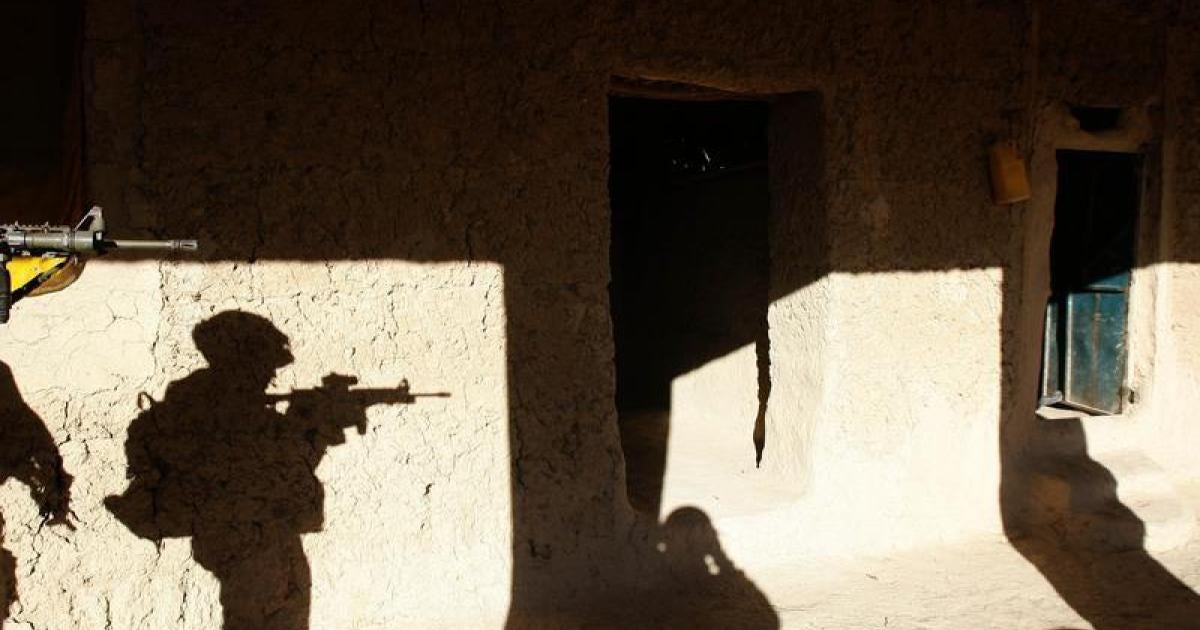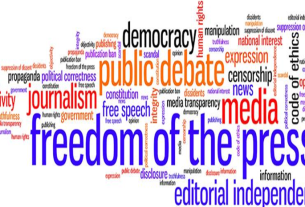Australian Defence Minister Richard Marles announced this week that he has stripped distinguished service medals from some military commanders who served in senior roles in Afghanistan. The move was described as a “final step” in enacting recommendations from the 2020 Independent Afghanistan Inquiry, known as the Brereton Report, which found credible information of war crimes, including the unlawful killing of 39 people by Australian special forces in Afghanistan from 2005 to 2016.
As the Brereton Report recommended, the Australian government established an Office of the Special Investigator to investigate the incidents. In March 2023, the police made their first arrest of a soldier accused of murdering an Afghan civilian in 2012. While it was a step rarely seen in other coalition countries, the accused has not yet been tried and no other arrests have been made.
Last month, after years of advocacy by victims and rights groups, the Department of Defence set out a compensation scheme for victims and family members of victims of incidents identified in the report. However, the scheme falls short, lacking due process safeguards, clear criteria on compensation, and a requirement to inform and consult with victims.
In August, a group of United Nations independent human rights experts expressed concern that “[r]egrettably, Australia has not directly apologised to the victims and their families or informed them about its investigations, prosecutions or military reforms, and has not yet enabled their families to participate in Australian proceedings.”
This week at the UN Human Rights Council in Geneva, the UN human rights office presented a report on Afghanistan highlighting the importance of addressing decades of conflict and impunity for widespread rights abuses. It specifically refers to states involved in past military interventions needing to hold their personnel accountable for violations. While Australia is on a path to do this, no country has provided meaningful accountability for serious abuses committed by their personnel in Afghanistan.
Australia should be lending vocal support to the call by Afghan and international human rights groups for the Human Rights Council to establish a comprehensive accountability mechanism on Afghanistan during the council session in Geneva and press other countries to commit to accountability for grave crimes in Afghanistan.



